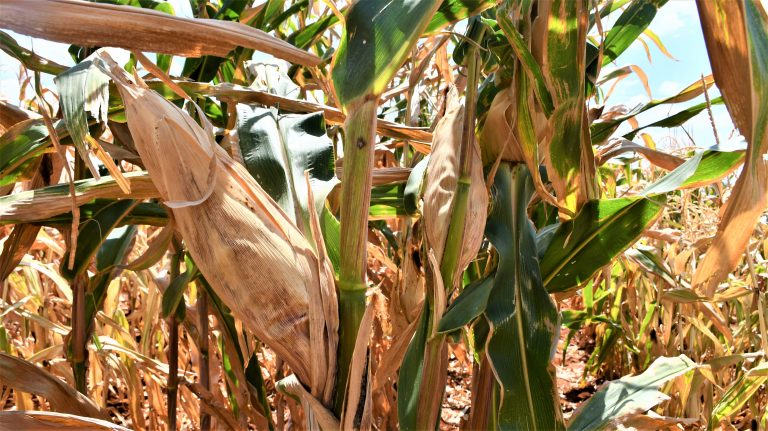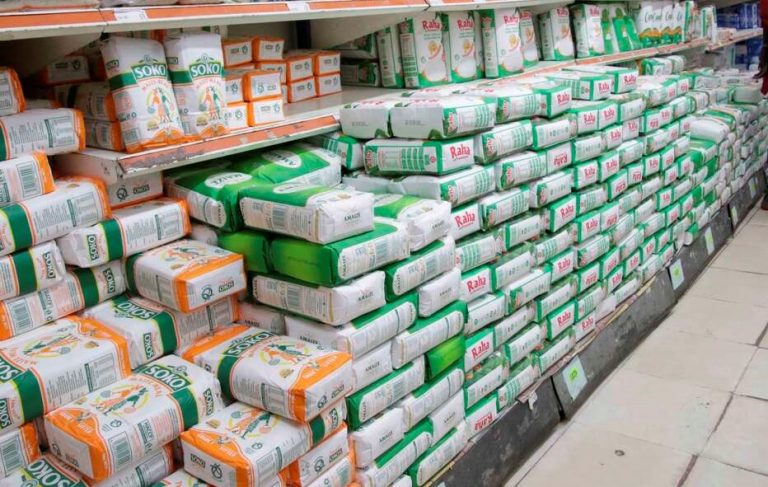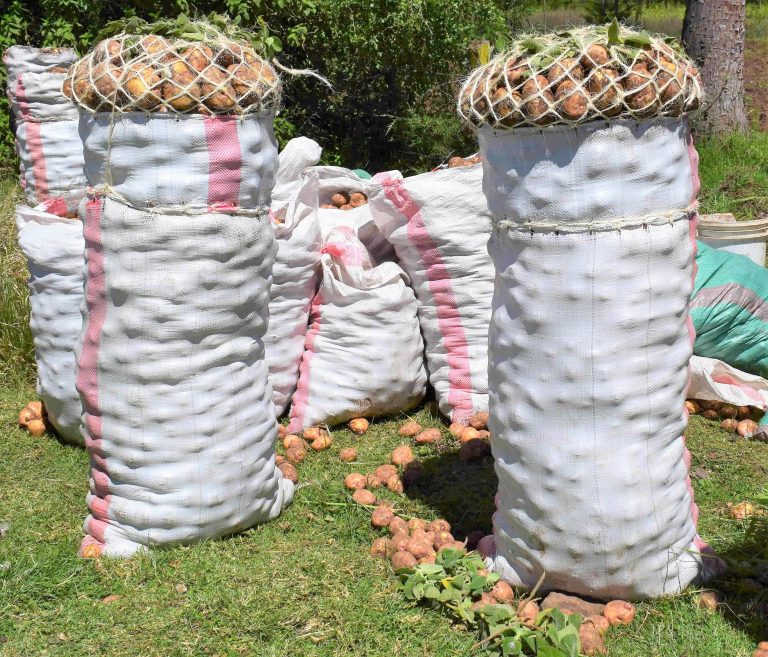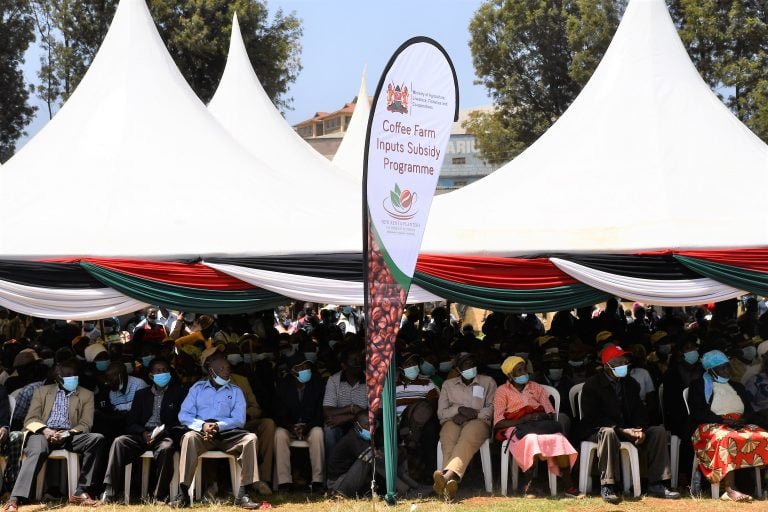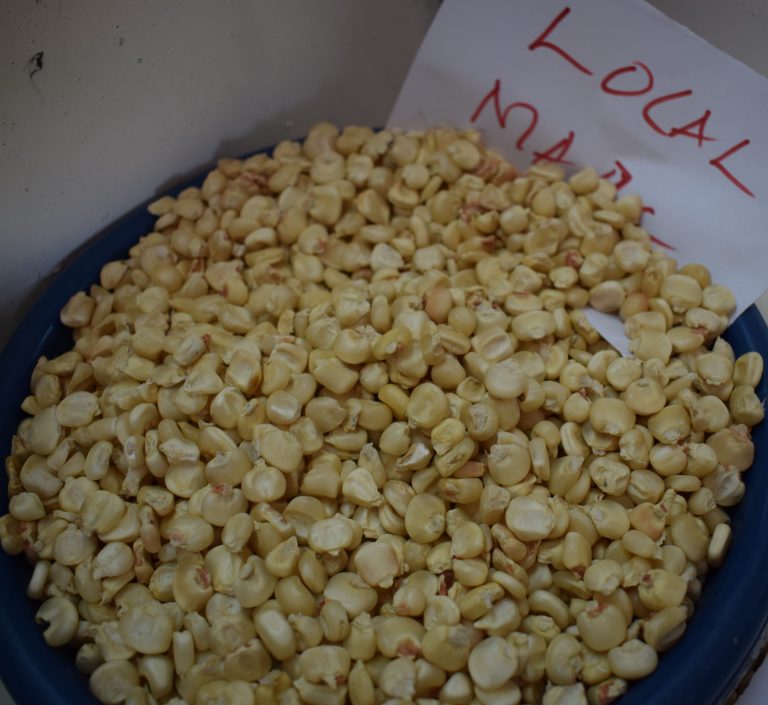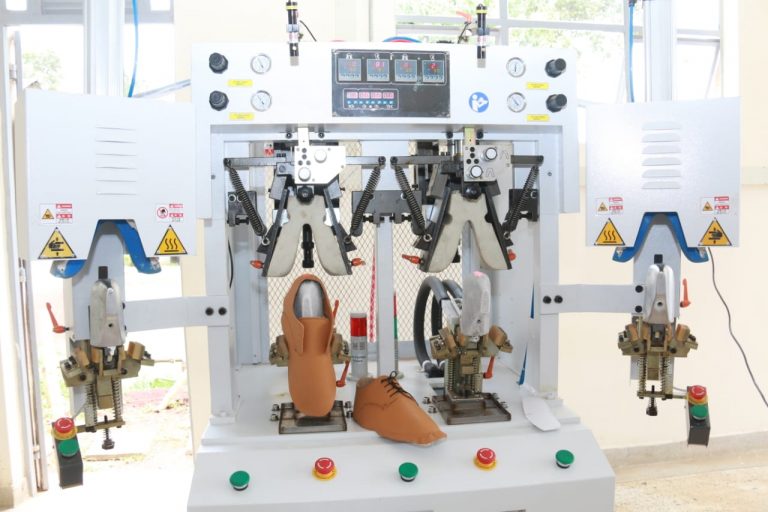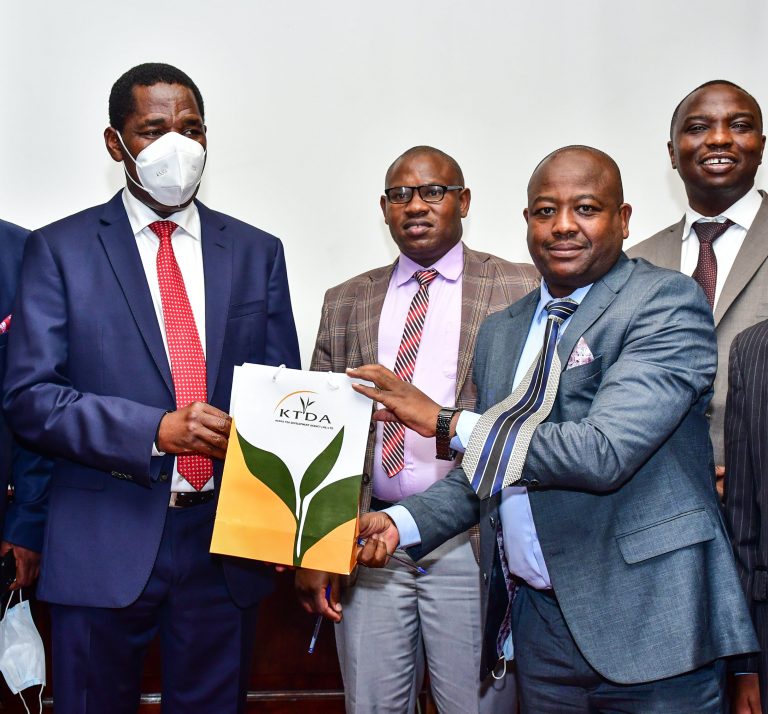The anticipated reforms in the National Cereals & Produce Board (NCPB) and the Strategic Food Reserve Trust Fund (SFRTF) have finally started with the Agriculture CS Peter Munya today announcing a raft of measures taken towards the reforms. The CS has appointed a Technical Working Committee to spearhead the implementation of these reforms.

The NCPB dominates grain storage in the country with a capacity of 1,841,467 tonnes compared to 173,000 operated by the private sector and 58,000 tonnes by other government agencies- Kenya National Trading Corporation (KNTC) and Kenya Farmers Association (KFA). The Strategic Food Reserve Trust Fund (SFRTF) was established in 2015 to stabilize the food supply and prices and maintain adequate strategic food reserves in physical stock or cash equivalent.
Currently, stocks for the Strategic Food Reserve is handled by the NCPB. The Strategic Food Reserve Trust Fund (SFRTF) buys and sells maize stocks intending to create stability in pricing and stock for the benefit of both producers and traders. Although the approved food reserves include six food commodities – maize, rice, beans, powdered milk, canned beef and fish, maize accounts for 95% of NCPB and SFRTF transactions.
In the proposed reforms, the National Food Reserve (NFR) will be established within the NCPB propped on commercial processes, the Warehouse Receipt System and targeted incentives directly to registered farmers designed to avoid market distortions and opaqueness. NFR looks like the replacement of the current SFRTF. The Food Balance Sheet Committee will also be institutionalized within NCPB with broad representation as a statistical and advisory organ on incentives and strategic food reserve decisions making.
The CS says that in the next few days he will take measures to strengthen the NCPB Board and to inject the required expertise to provide oversight to the revamped functions of NCPB. “To better ensure that NCPB as an organization execute more effectively and devoid of historical burdens, I direct the Technical Committee and NCPB Board to immediately undertake capacity and suitability vetting of all the serving officers. I will undertake a policy legal review towards the harmonization of mandates of various agencies under the agriculture sector towards enhancing their complementarity. My Ministry will provide the stakeholders and the public with regular updates on progress. These measures will be implemented with immediate effect in readiness for the main harvest season in October 2020,” says Munya.
“To separate the National Food Reserve functions from the commercial ventures, NCPB will restructure to create the NCPB Trading Division (NTD). NTD will operate unencumbered commercial agricultural hub model, clustering registered small-medium holder farmers and agro-dealers around aggregation centres (cooperatives or warehouses) for storage, bulk inputs sourcing, marketing and extension support. Going forward NTD will compete for opportunities on value and price alongside other market players in Kenya,” says the CS. He adds that other agencies like Kenya National Trading Corporation (KNTC), Cooperatives and also the private sector will be encouraged and given incentives to embrace this model, which is key to creating a supportive infrastructure for farmers and cutting post-harvest losses. Through this process, the government intends to stimulate the growth of 750 farmer facing agro-dealers and equipment suppliers, and 150 storage facilities and processors in 20 agricultural value-chains by 2025 according to the CS.
Munya says that to encourage the early participation of the private sector, and the establishment of a warehousing receipt system, NCPB will release 7 million bags of space through competitive commercial leases. The release of designated storage space to the private sector is projected to be complete by December 2020



